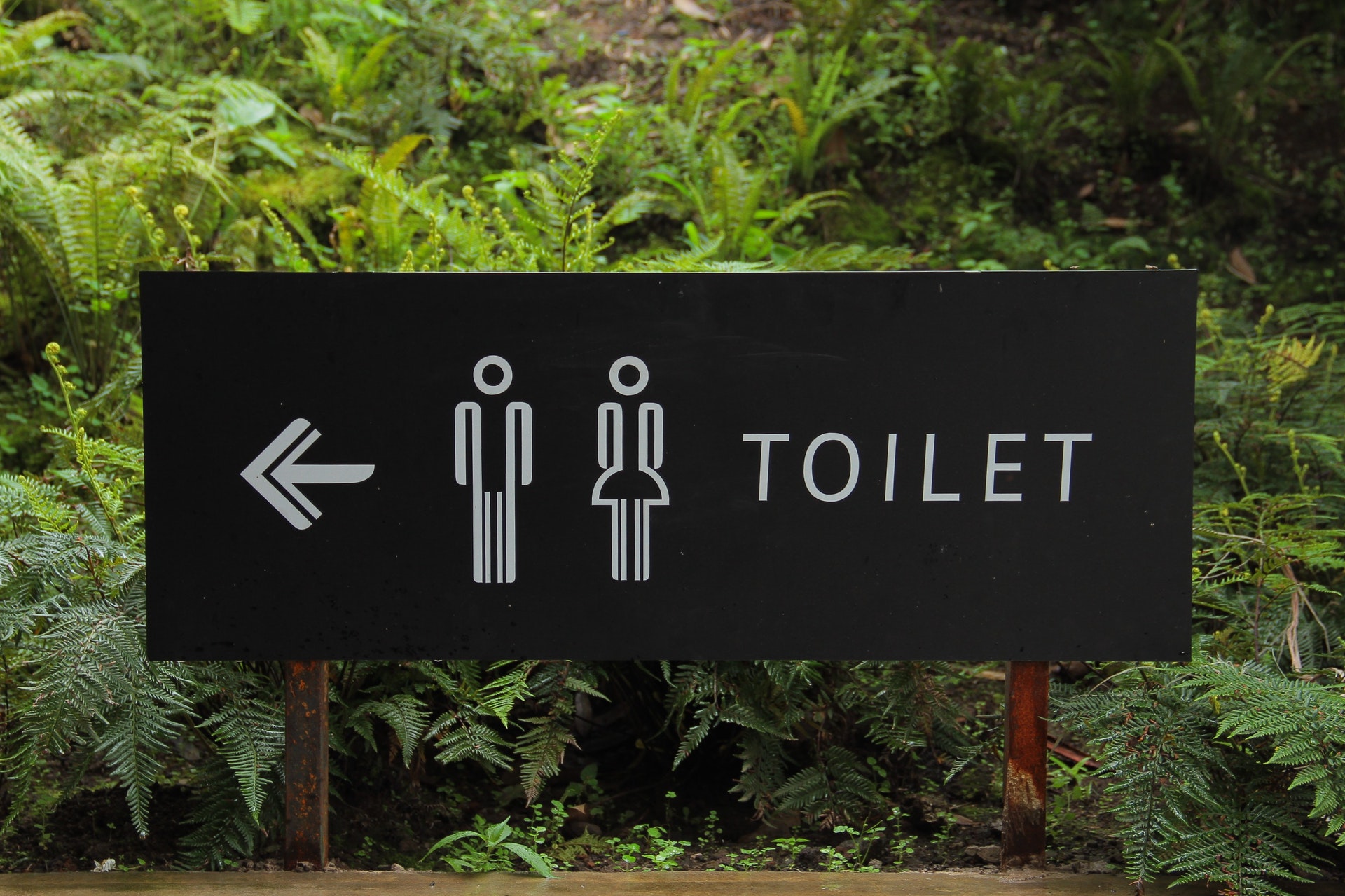Urinary incontinence is a condition in which a person loses control over their bladder function. In Wildwood, Florida, this problem commonly affects elderly women but a woman of any age can suffer from urinary incontinence, especially after pregnancy. The severity of this condition varies in different women, and some people get mild incontinence while others get severe incontinence. This condition can make you withdraw from your social life because of fear of embarrassment.
If urinary incontinence is stopping you from carrying out daily activities, it is important to visit a doctor for treatment. When you visit Dr. Uzoma Nwaubani in Wildwood with symptoms of urinary incontinence, she will take a thorough medical history and then do a physical examination. This will guide the doctor in finding the root cause of the incontinence and coming up with a treatment plan. Treatment is personalized and it may involve lifestyle modification, medications, or surgery.
What Are the Risk Factors of Urinary Incontinence?
The causes of urinary incontinence can be divided into two, depending on whether the urinary incontinence is temporary or if it persists for a long duration. Given below are the causes of urinary incontinence:
1. Temporary Urinary Incontinence
Urinary incontinence that is reversible can be caused by eating some foods and drinks. These substances alter the function of the bladder and stimulate an increase in the amount of urine inside the bladder. Some of the foods that can cause temporary urinary incontinence include artificial food sweeteners, chocolate, chili, spicy, and sugary foods.
Drinks that cause urinary incontinence excess alcohol, caffeine, and carbonated drinks. Some medications can also put you at risk of urinary incontinence like antihypertensives, muscle relaxants, sedatives, and excess vitamin C. You may also get urinary incontinence when you are suffering from urinary tract infections and constipation.
2. Persistent Urinary Incontinence
When a woman has a difficult vaginal delivery, they can get urinary incontinence if the muscles of the pelvic floor and other supporting structures become weak. This can make the uterus, bladder, and other pelvic organs prolapse, putting you at risk of urinary incontinence. Also, if a woman has a tumor-like bladder stone in her urinary system, she can be at risk of urinary incontinence.
Pregnancy also increases the risk of urinary incontinence because of the hormonal changes that alter the bladder function, as well as the enlarging abdomen that puts pressure on the bladder. Estrogen plays an important role in maintaining the integrity of the bladder wall, therefore when the levels of estrogen go down during menopause, the risk of urinary incontinence rises.
As a woman advances in age, her risk of urinary incontinence rises because the muscles of the bladder and pelvic floor weaken. When a woman gets a hysterectomy, she can be at risk of urinary incontinence because the uterus and bladder share some supporting structures, like ligaments. Diseases of the nerves can also affect bladder function like diabetes, stroke, and spinal cord injury. The risk is higher if you are overweight, if you smoke, or have a family history of urinary incontinence.
In conclusion, urinary incontinence is a condition that causes loss of bladder function and is common in women after menopause and difficult labor. Other causes of urinary incontinence include neurological diseases, having tumors of the urinary system, and as a woman ages. If you have urinary incontinence that disrupts your daily routine, seek help from a specialist.



